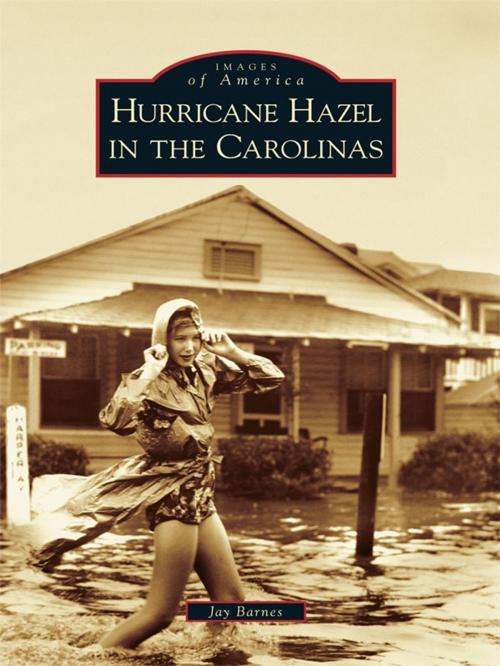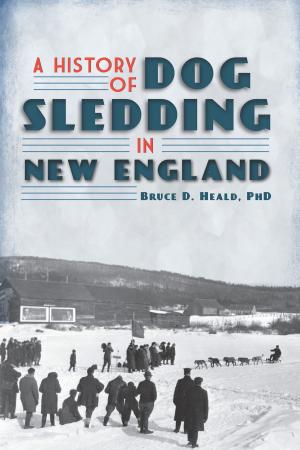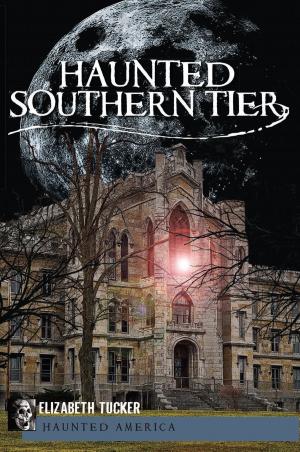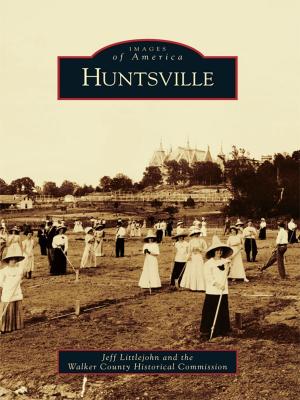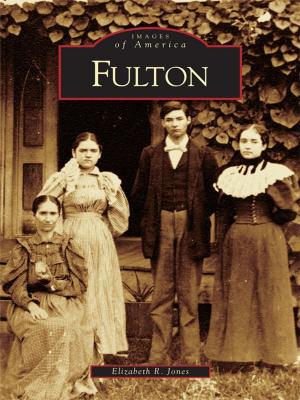Hurricane Hazel in the Carolinas
Nonfiction, Science & Nature, Nature, Environment, Natural Disasters, Art & Architecture, Photography, Pictorials, History, Social & Cultural Studies, Social Science| Author: | Jay Barnes | ISBN: | 9781439622551 |
| Publisher: | Arcadia Publishing Inc. | Publication: | May 24, 2010 |
| Imprint: | Arcadia Publishing | Language: | English |
| Author: | Jay Barnes |
| ISBN: | 9781439622551 |
| Publisher: | Arcadia Publishing Inc. |
| Publication: | May 24, 2010 |
| Imprint: | Arcadia Publishing |
| Language: | English |
Hurricane Hazel swept the U.S. Eastern Seaboard in mid-October 1954, eventually landing in the record books as one of the most deadly and enduring hurricanes. After punishing Haiti with mudslides that killed hundreds, Hazel edged northward, striking the Carolina coast as a ferocious category four. Landfall occurred near the South Carolina�North Carolina border, where a massive surge washed over barrier beaches and swept away hundreds of homes. Coastal communities like Myrtle Beach, Long Beach, Carolina Beach, and Wrightsville Beach caught the brunt of the storm tide and suffered heavy damages. Hazel barreled inland and battered eastern North Carolina with 100-plus mile-per-hour gusts that toppled trees and power lines and peeled away rooftops. It then raced northward setting new wind records across seven states. In Ontario, it spawned flash floods that became the most deadly in Canadian history. When it was all over, Hazel had killed more than 1,000 and left a trail of destruction across the hemisphere. But nowhere was its impact more dramatic than in the Carolinas.
Hurricane Hazel swept the U.S. Eastern Seaboard in mid-October 1954, eventually landing in the record books as one of the most deadly and enduring hurricanes. After punishing Haiti with mudslides that killed hundreds, Hazel edged northward, striking the Carolina coast as a ferocious category four. Landfall occurred near the South Carolina�North Carolina border, where a massive surge washed over barrier beaches and swept away hundreds of homes. Coastal communities like Myrtle Beach, Long Beach, Carolina Beach, and Wrightsville Beach caught the brunt of the storm tide and suffered heavy damages. Hazel barreled inland and battered eastern North Carolina with 100-plus mile-per-hour gusts that toppled trees and power lines and peeled away rooftops. It then raced northward setting new wind records across seven states. In Ontario, it spawned flash floods that became the most deadly in Canadian history. When it was all over, Hazel had killed more than 1,000 and left a trail of destruction across the hemisphere. But nowhere was its impact more dramatic than in the Carolinas.
